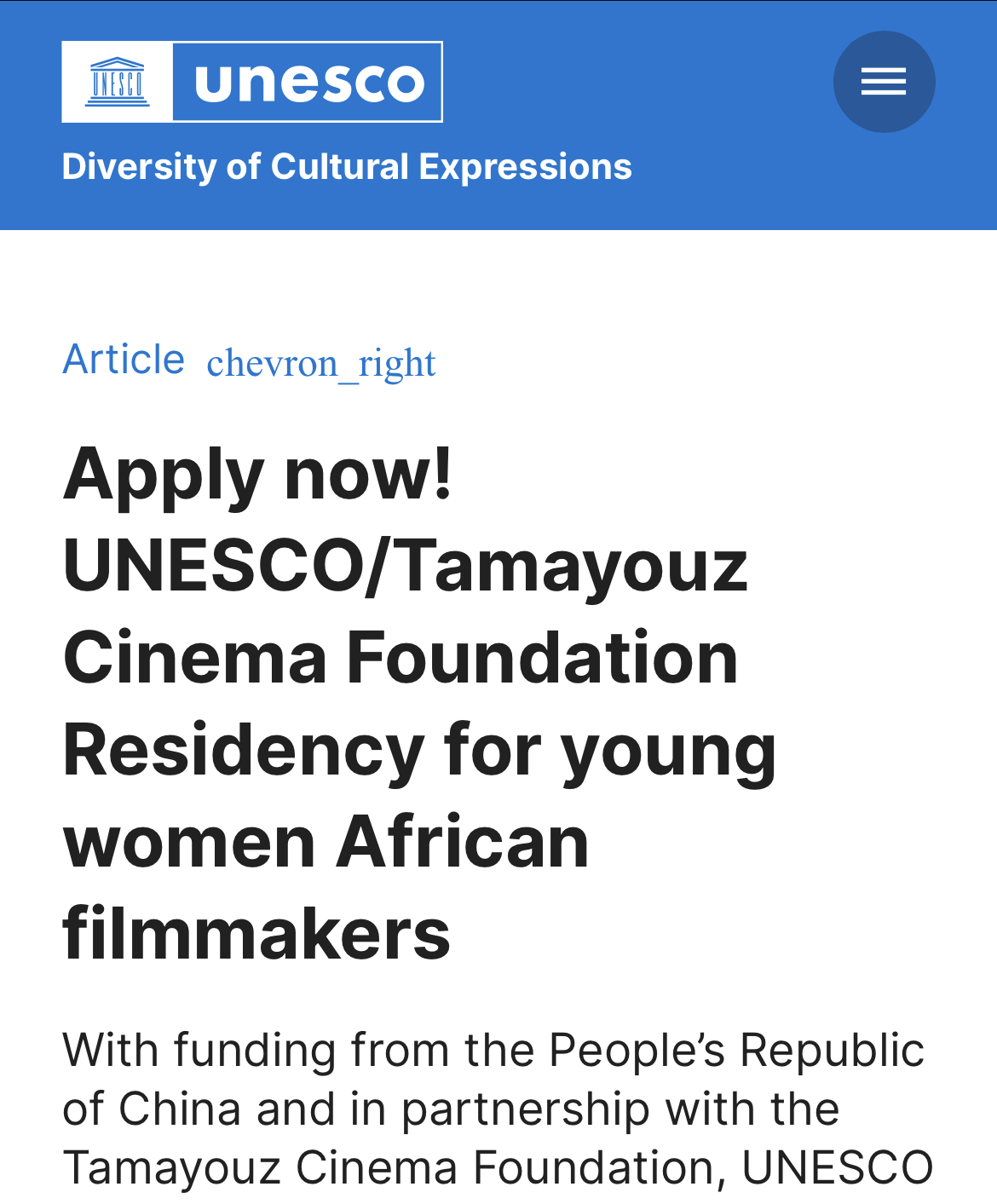
YouTube Clarifies Monetization Policy Update on Duplicate and Inauthentic Content
YouTube Clarifies Monetization Policy Update on Duplicate and Inauthentic Content
YouTube has released new details regarding its updated monetization policy, aiming to curb the spread of repetitive and mass-produced content. The clarification comes in response to growing concerns and confusion from creators following an earlier announcement that the platform would tighten its enforcement of guidelines related to originality.
Starting July 15, YouTube is introducing improved measures to detect what it now classifies as “inauthentic” content. This move refines the platform’s long-standing requirement that creators in the YouTube Partner Program (YPP) must produce original and meaningful content in order to earn revenue.
According to YouTube, the focus of the update is on cracking down on channels that mass-produce nearly identical videos with minimal variations. Examples include channels posting numerous storytelling videos with only slight differences in narration, or those uploading slideshow videos that use the same script or voiceover repeatedly.
In essence, YouTube is targeting content that appears to be cloned or formulaically pumped out without offering real value or creativity. However, the company insists that this is a “small adjustment” to its existing policies—one that simply aligns enforcement more closely with today’s content trends.
To help creators better understand what’s changing, YouTube’s Creator Liaison Rene Ritchie explained that the term “repetitious” is being officially replaced with “inauthentic” to more accurately reflect the type of content being flagged. This update, he clarified, does **not** apply to re-used content—such as clips from other platforms or re-edited videos—*as long as* the creator adds substantial commentary, transformation, or entertainment or educational elements.
Additionally, the update is not specifically aimed at content created using AI. YouTube emphasized that creators are welcome to use AI tools for storytelling and video production, including features like Dreamscreen and automatic dubbing. The key requirement is that creators clearly label altered or synthetic content and comply with existing monetization rules.
That said, YouTube has recently taken action against certain channels uploading AI-generated fake movie trailers and similar infringing material. While those efforts suggest a broader strategy around AI misuse, this particular update is narrowly focused on discouraging the re-uploading of near-identical or templated content.
In short, for creators producing original, transformative, or creatively enhanced videos—even if repurposed or aided by AI—there’s no reason to worry. YouTube’s new enforcement simply aims to protect content quality on the platform and limit low-effort duplication that undermines viewer trust.
As YouTube continues to evolve its monetization standards, it remains committed to supporting innovation, storytelling, and ethical content creation within its community.






Add Comment